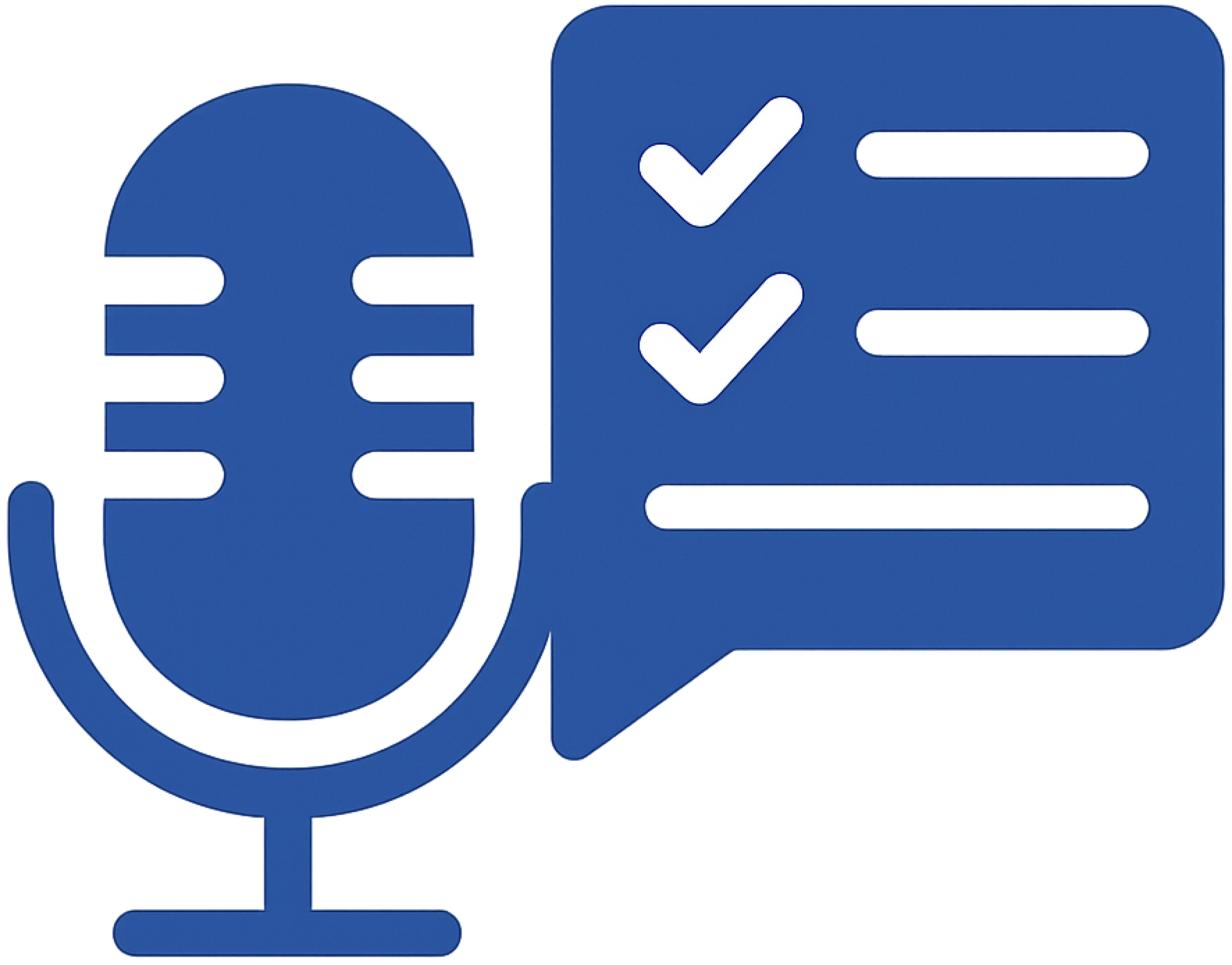Summary of
How AI Will Transform Medicine, Entertainment, and Your Everyday Life | Marc Andreessen - PT 1
Released: 10/22/2024
Duration: 72 minutes
In the latest episode of Impact Theory, Tom Bilyeu and Mark Andreessen explore the transformative power of technology and its strategic implications for business leaders. They emphasize the potential of AI and robotics to revolutionize sectors like healthcare, education, and housing, urging entrepreneurs to adopt innovative solutions for competitive advantage. The discussion highlights the inefficiencies in large corporations and advocates for agile, iterative methodologies, drawing inspiration from leaders like Elon Musk. Andreessen's insights into America's regulatory environment offer a strategic perspective for businesses looking to leverage the country's dynamic market conditions. Additionally, they address the societal challenges posed by AI, such as free speech and productivity growth, providing a comprehensive framework for navigating the digital age. For entrepreneurs, this episode underscores the importance of embracing technological change to drive growth and improve societal outcomes.
AI-Generated Summary
In this episode of Impact Theory, Tom Bilyeu engages Mark Andreessen in an enlightening discussion about the transformative power of artificial intelligence and robotics in shaping the future of various industries and personal lives. They explore how innovation can address inefficiencies in sectors such as healthcare, education, and housing, ultimately leading to improved quality of life. The conversation highlights the contrast between rapid technological adoption in some areas versus resistance in others, while underscoring the United States' unique position due to its relatively lower regulatory barriers.
Through the conversation, Andreessen presents a nuanced view of potential societal conflicts that may arise from AI, including issues related to productivity growth and free speech in the digital world. Their dialogue delves into the implications of automation and AI, as well as how voice-driven AI technologies are advancing to facilitate human-like interactions. The insights offered suggest a future of increased material comfort and the potential for profound existential exploration.
Listeners can glean practical applications from this episode by considering how technological innovations can be leveraged in their industries to drive efficiency and growth. Understanding the dynamic nature of AI in the context of business strategy and societal change allows professionals to better anticipate and respond to emerging opportunities and challenges.
Key Topics Covered:
Business Insights
Actionable Insights
Embrace AI in Healthcare
Healthcare organizations should prioritize AI integration to enhance patient care and operational efficiency. By developing AI-driven tools, hospitals can streamline diagnosis and treatment processes.
AI's potential in transforming healthcare is profound in terms of efficiency and accessibility.
Adopt Iterative Innovation Models
Businesses should incorporate rapid, iterative methodologies similar to those used by Elon Musk to foster innovation and adapt quickly to changes.
The success of rapid iteration in technology hinges on embracing change and learning quickly.
Leverage Voice AI Technology
Companies can greatly enhance customer interactions by integrating advanced voice AI systems capable of human-like communication.
Voice AI has progressed to where it can mimic engaging human conversations effectively.
Capitalize on Less-Regulated Environments
Entrepreneurs should take advantage of less restraining regulatory environments to foster faster technological development and deployment.
The dynamism of American innovation is in part thanks to its relatively few regulatory barriers.
Strategic Takeaways
Rethink Productivity Metrics
Organizations need to reassess how productivity is measured in an AI-enhanced landscape, focusing on value creation rather than process-based metrics.
Navigate AI-Induced Societal Changes
Businesses should prepare for societal shifts driven by AI adoption, addressing both ethical concerns and legal implications.
Explore Cross-Industry Innovation
Fostering collaboration across industries can unearth new applications of technology that transcend conventional boundaries.
Maintain Agility Amid Regulation
As regulations evolve, maintaining organizational agility is critical to capitalize on technological advancements.
Strategic Questions to Ask Your Team
1. "How can businesses integrate AI while managing potential ethical and societal consequences?"
This question encourages evaluation of the broader impacts of AI adoption, prompting strategies to address ethical concerns.
2. "What steps can corporations take to align rapid innovation with existing cultural and structural norms?"
This question is designed to spur consideration of balancing innovative practices with entrenched corporate environments.
3. "In what ways can education systems adapt to prepare future generations for an AI-driven world?"
This question seeks strategies for educational reform to equip students with skills aligning with future technological landscapes.
Tip: Use these questions in your next team meeting to spark strategic discussions and uncover new opportunities.
Next Steps
Immediate Actions
- Identify and evaluate AI solutions that could be integrated into current business processes.
- Conduct a regulatory impact assessment to understand how current laws affect technological innovation in the business.
- Host workshops focused on fast-tracking innovation and fostering a mindset of rapid iteration.
This Week
- Develop a strategy session with key stakeholders to discuss AI integration into long-term strategic planning.
- Research advances in voice AI technology to explore potential applications in customer service.
- Review organizational productivity metrics with a focus on capturing value creation, not time spent.
- Initiate partnerships with tech companies to stay informed about upcoming innovations impacting the industry.

